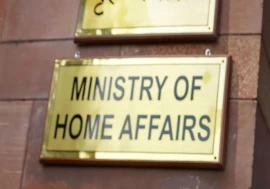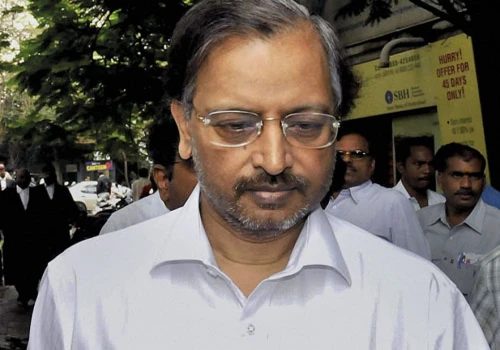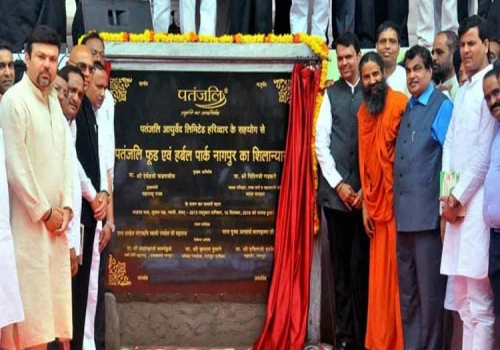_2100_x_1470.webp)
The Sterlite copper plant saga in Tamil Nadu continues. After the Supreme Court (SC) dismissed Vedanta's appeal to reopen the plant, citing environmental concerns, the mining giant is exploring legal options, including a possible review petition. This decision has reignited the debate between environmental protection and industrial development.
A Decade of Controversy Culminates in Closure
The Sterlite plant, operational since 1996, has faced accusations of pollution for over a decade. Local residents have long protested environmental damage caused by the plant's operations. These culminated in violent protests in 2018, which resulted in police firing and fatalities. Following the incident, the Tamil Nadu government ordered the plant's permanent closure.
The Legal Battle and the SC's Verdict
Vedanta challenged the closure order in the Madras High Court, which upheld the government's decision. The company then appealed to the Supreme Court, arguing for the plant's reopening with stricter pollution control measures. However, the SC, in its recent judgment, sided with the public's right to health over industrial gains.
The Court acknowledged the importance of industry, but emphasized that repeated environmental violations by Vedanta left no choice but to shut down the plant. The judgment highlighted the authorities' duty to prioritize public health and environmental protection.
Vedanta's Next Move: A Review Petition?
Vedanta, in a stock exchange filing, indicated they are exploring legal options, including a review petition. This process challenges the SC's judgment based on errors of law or fact. The success of such a petition is uncertain, as the SC sets a high bar for review.
The Fallout: Repercussions for Stakeholders
The SC's decision has far-reaching consequences:
- Impact on Vedanta: The company loses a significant source of revenue and copper production. Additionally, the legal battle and potential reputational damage could hinder future endeavors.
- Job Losses and Economic Impact: The plant closure leads to job losses for thousands of workers directly employed by Sterlite and those in ancillary industries. This can have a ripple effect on the local economy.
- Environmental Concerns Remain: While the plant is shut, the question of environmental cleanup and long-term environmental damage needs to be addressed.
Moving Forward: Balancing Development and Environment
The Sterlite case presents a complex challenge – how to balance industrial development with environmental protection. Here are some key takeaways:
- Strengthening Environmental Regulation: Robust environmental regulations with stringent enforcement are crucial to prevent similar situations.
- Promoting Sustainable Practices: Industries need to adopt cleaner technologies and prioritize responsible waste management.
- Community Engagement: Open communication and addressing community concerns are essential for building trust.
The Path Ahead: Uncertainty and a Call for Dialogue
The future of Sterlite remains uncertain. Vedanta's legal options and the potential environmental cleanup process add further complexity. This case underscores the need for a comprehensive dialogue involving industry, government, and local communities to find solutions that prioritize both development and a healthy environment.












